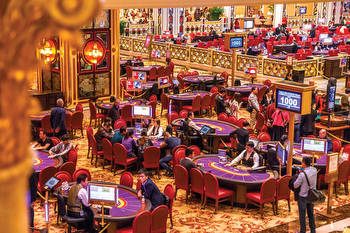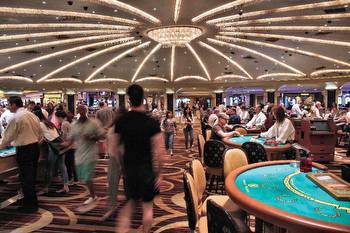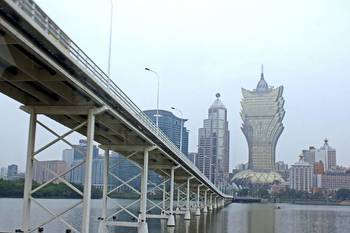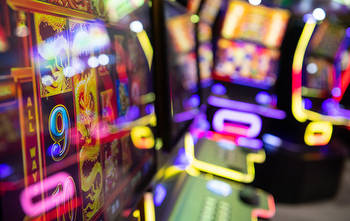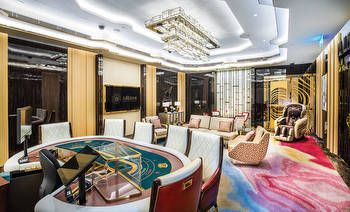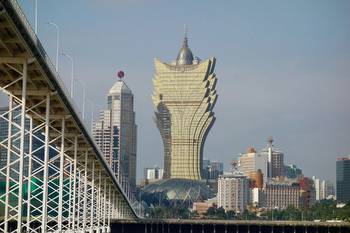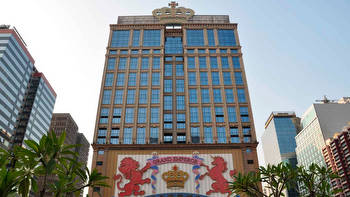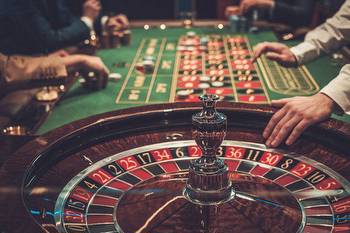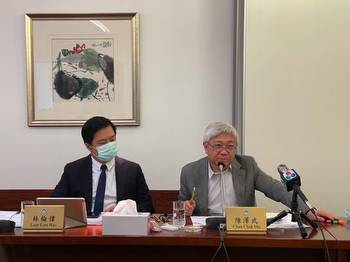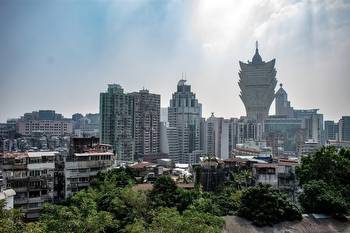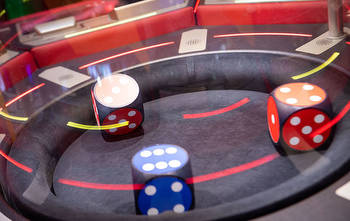Macau seeks to introduce gaming tables and machines caps; keen on regulating "satellite casinos"

Macau’s government is keen on assuming control over the total number of gaming tables and slot machines available at casinos in the world’s largest gaming hub, officials confirmed in a meeting of the Legislative Assembly (AL) on Monday.
Representatives reaffirmed their intention to be able to reduce the total number of tables and machines “at any point in time,” according to Macau Daily Times. Lawmaker Chan Chak Mo, president of the Second Standing Committee of the AL, said concessionaires have been calling for more gaming tables than actually needed over the years.
A provision in Macau’s new gaming law, currently in discussion at the Legislative Assembly, would provide the government with absolute control in the allocation of gaming resources. The legislation will give powers to Chief Executive (CE) Ho Iat Seng to define the total number of gaming tables and slot machines authorized in the city.
Additionally, Secretary for Economy and Finance Lei Wai Nong would obtain the power to reduce individual concessionaires table numbers based on their usage and revenue in gaming taxes coming from each table, further reports the cited news source.
Lawmaker Chan further hinted that the government has already established criteria for the potential reduction of total gaming tables, including factors such as economic performance and general societary conditions in the gaming hub.
“Usage also can be taken into account to understand if the number of tables is enough or not,” he told local media. “For example, if a concession has an allocation of 100 tables but in the end, the government sees those profits only coming from 50 of them, they can reduce accordingly.”
However, modifications to the total number of tables would not be introduced “too often,” as state revenue is derived from each one of them. Additionally, a minimum ceiling of profitability for each table is in the works: in cases where GGR does not reach the total defined by the CE, concessionaires will have to pay for the difference for each table.
A similar policy is set to be introduced when slots and tables are used “without justification.” The government currently has a 40% of profit-sharing rate on gaming tables and machines. A review on performance wouldn’t be annual: instead, Chan hinted changes to tables number would be introduced if revenue does not reach the minimum cap in two consecutive years.
Additionally, the president of the Second Standing Committee also confirmed that the government planned to go forward in its effort to enforce new regulations on “satellite casinos,” gambling facilities that are not located in premises owned by gambling concessionaires.
A clause in the draft bill suggesting all satellite casinos must be housed within the properties of gaming operators led to much discussion among lawmakers over the last weeks. It also led to several stakeholders showing concern over the future of these satellite venues and possibly job reduction.
In their meeting with government representatives on Monday, committee members were able to discuss this provision in detail before a final version goes to plenary for final voting. Chan said the government reaffirmed that all gaming venues will have to be under direct ownership of the concessionaire that operates them.
In case a concession is revoked, canceled or expires, the assets would thus revert to the Macau administration. This comes as some lawmakers suggested the government amend the article: officials now have indicated they would not be taking a step back, with Chan warning that if they disagree, “all they can do is to vote against” the article during the planet voting.

Last week, the lawmaker explained that operators could gain a minority stake in a satellite casino via a strata arrangement of purchase of the gaming space, only within those buildings that currently house satellite casinos.
Chan told the media that if, for example, the area of a satellite casino is one-tenth of that of the entire real property and can be proven by construction diagrams, the subdivision would be able to be registered. Additionally, the government told lawmakers that it has conducted a site check on satellite casinos.
Officials investigated and inspected the scale of all properties of the six current gaming operators from July to November last year, Chan said. Results from the study, which will differentiate between sections identified as satellite casinos and those that are not, will be made available “by the end of this year.”
The government is also set to provide a three-year period to satellite casino operators to regularize their situation. Chan confirmed to local media that the grace period would begin from the date the new gaming concessions begin.
According to him, this transition period is being allowed before full enforcement of the rule, with the aim of reducing the impact and “potential consequences” of the forced closure of casinos not operating in concessionaires venues.









